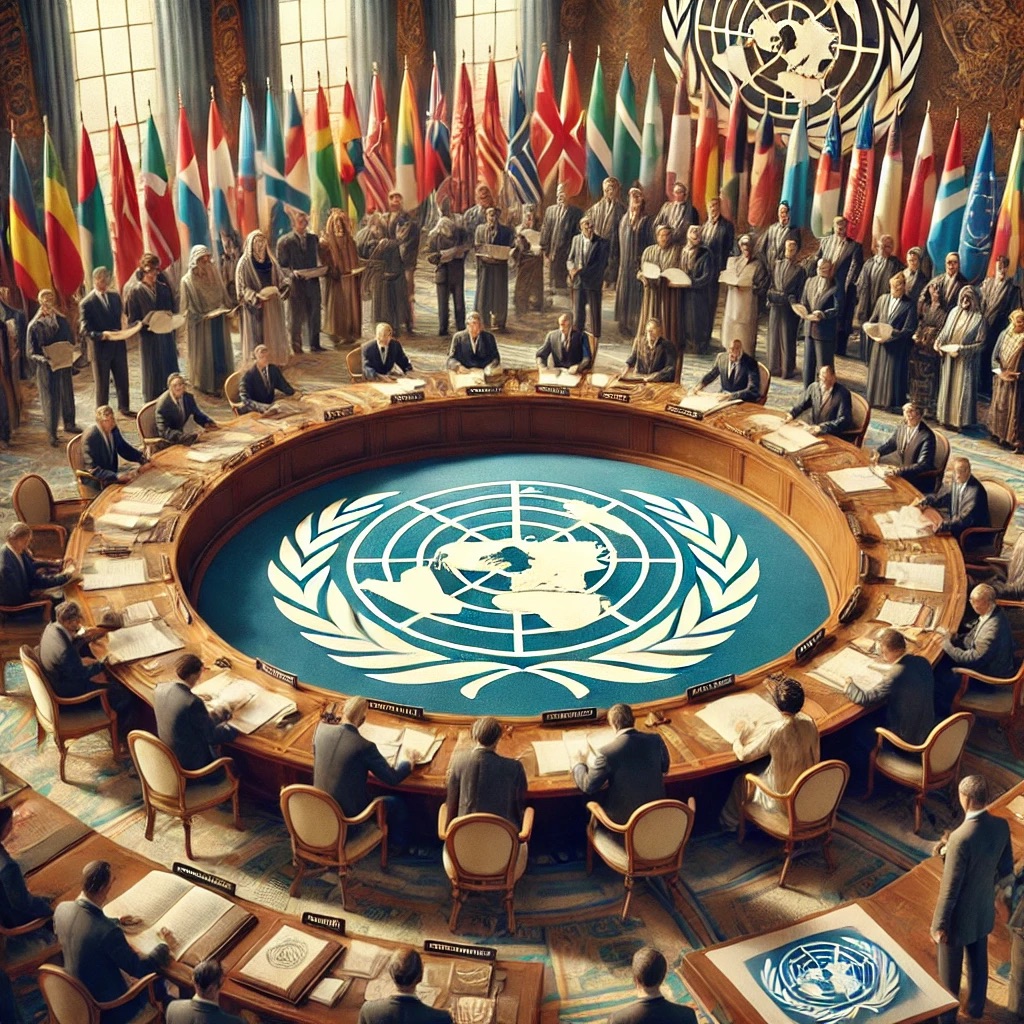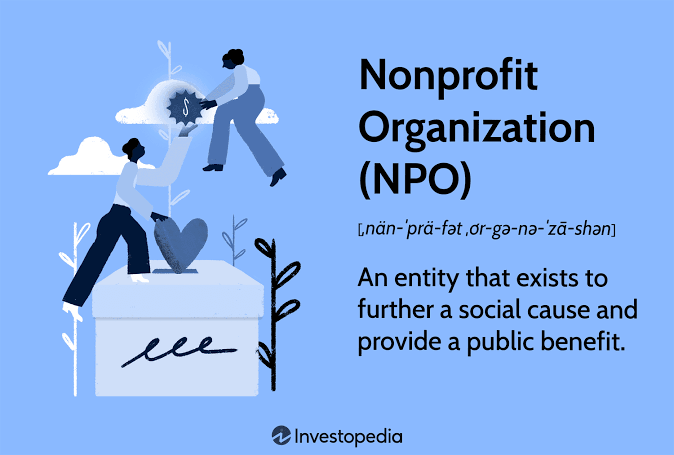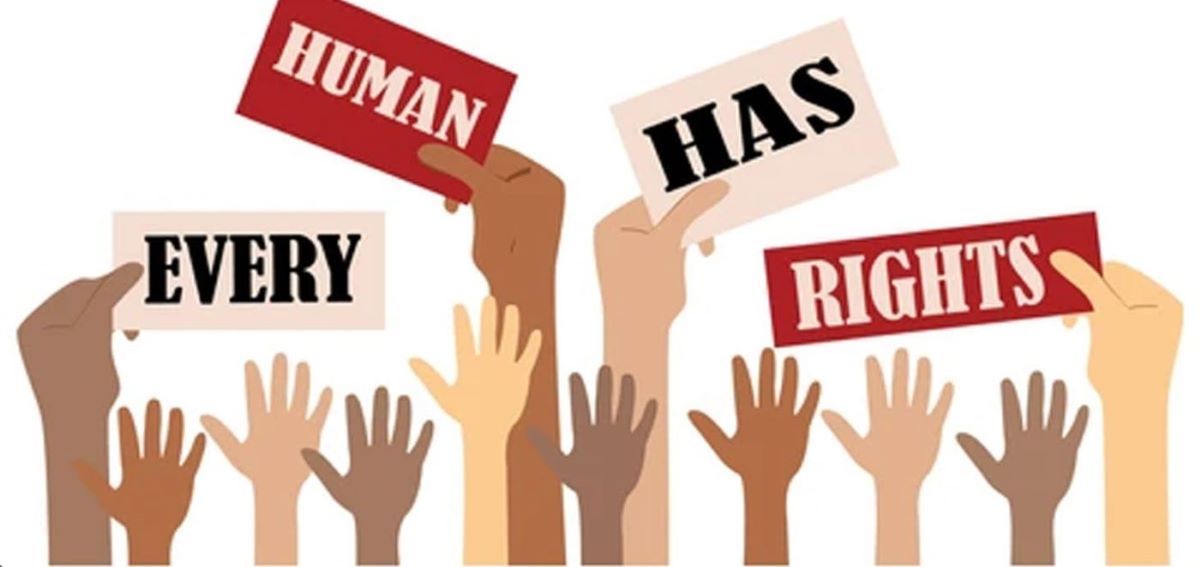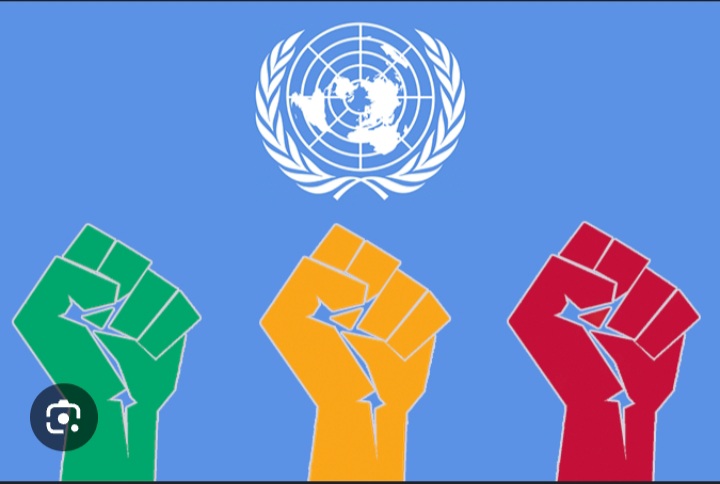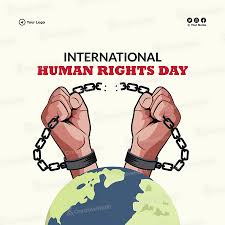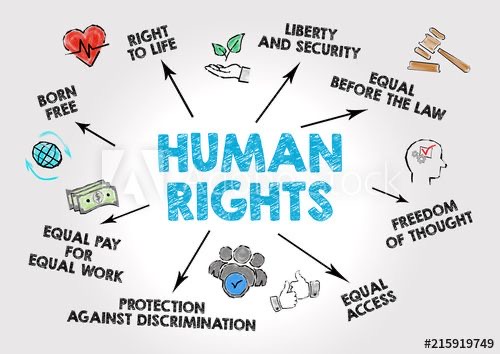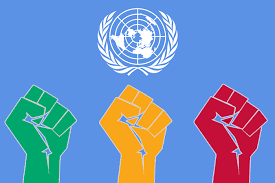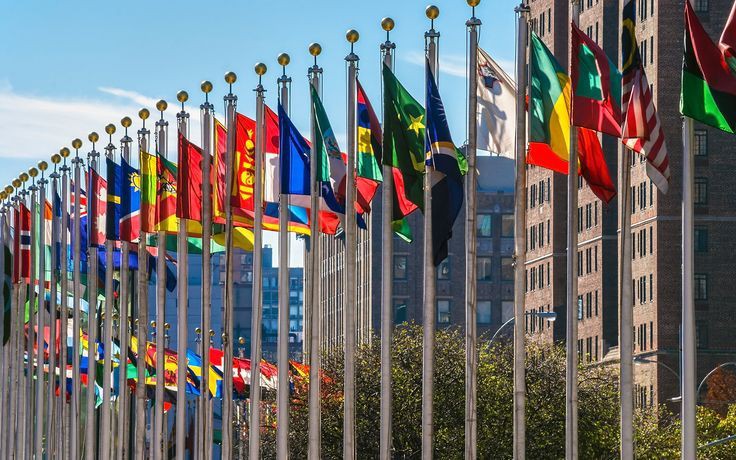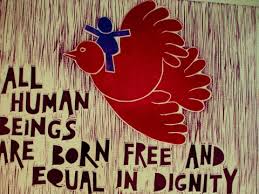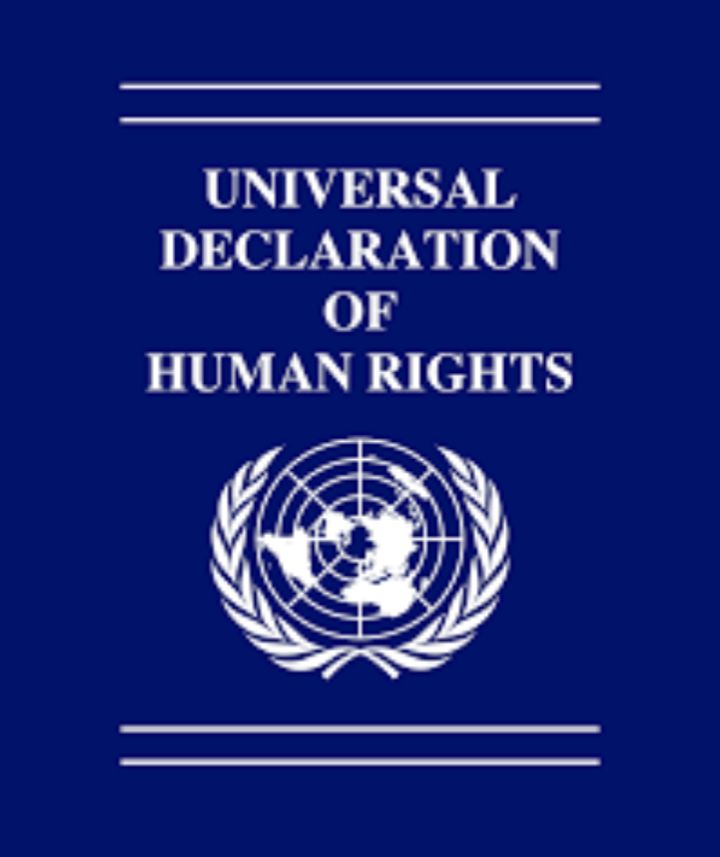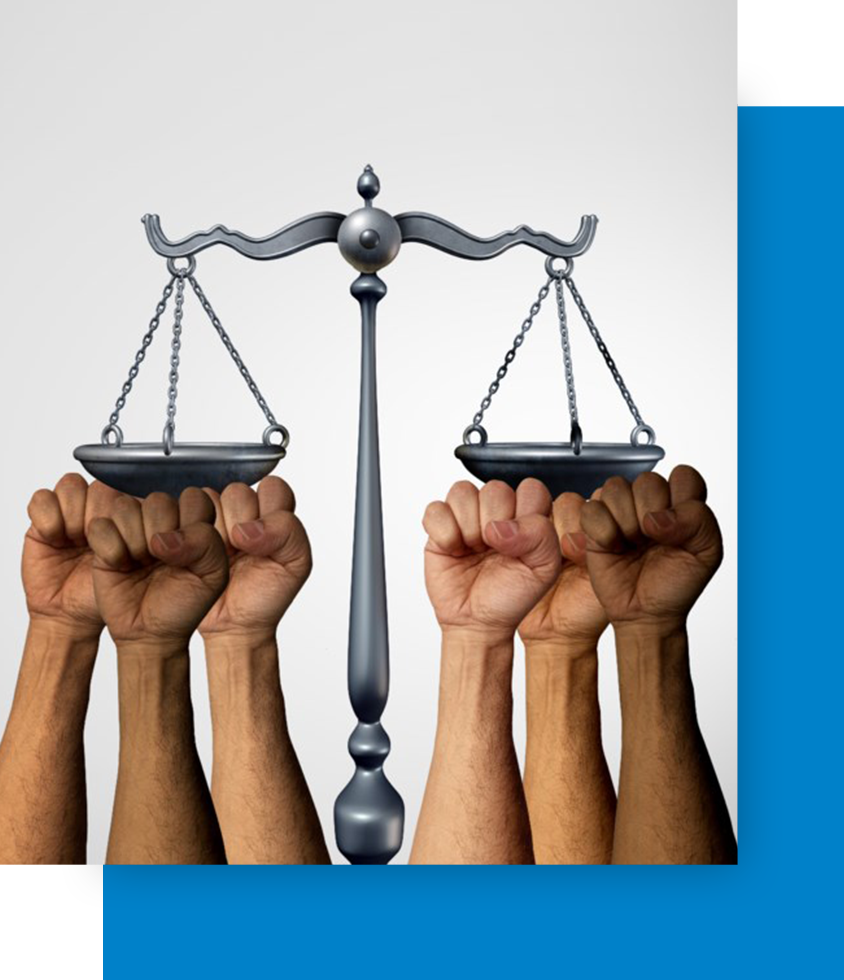
AN ANALYTICAL STUDY ON HUMAN RIGHTS TREATIES
Introduction
Human Rights are those inalienable rights that are bestowed on a person by virtue of being a human being. Although these rights are universally recognised under treaties or conventions, they are incorporated into domestic laws like the 1999 Constitution of the Federal Republic of Nigeria for its proper and effective enforcement. The Universal Declaration of Human Rights (UDHR) came into existence on 10th December 1948 for the protection of human rights across the globe.
The UDHR has classified these rights to include civil, cultural, economic, political, and social rights, and they have been regulated by various subsequent treaties that give affirmation to them in state practice. Examples of these rights include the right to life, liberty, and security of person, the right to education, the right to work, etc.
The Role of the Nigerian Government in Human Rights Protection
The essence of human rights has been its nature of equality, indivisibility, non-discriminatory, universality as well as interdependence. Nigeria’s obligation to these rights has been to respect, protect, and fulfil them in the best interest of its citizens.[1] The Nigerian Constitution, which is a pillar of protecting these rights ensures that they apply to everyone without any form of discrimination, with careful application of the rule of law, accountability of the government and participation of citizens in enjoying the rights.[i] These steps cover institutional reforms like the legal system, national and state-level policy review, and enforcement of the rights against those who have duties and obligations.
Various Treaties Governing Human Rights
The human rights which are governed by several soft instruments in the form of treaties include:[ii]
- The Universal Declaration of Human Rights (UDHR) 1948.
- The International Convention on Economic, Social, and Cultural Rights (ICESCR), 1966.
- The International Convention on Civil and Political Rights (ICCPR), 1966.
- International Convention on the Elimination of All Forms of Racial Discrimination (ICERD) 1965;
- Convention on the Elimination of All Forms of Discrimination against Women (CEDAW) 1979;
- Convention against Torture and Other Cruel, Inhuman or Degrading Treatment or Punishment (CAT) 1984;
- Convention on the Rights of the Child (CRC) 1989;
- International Convention on the Protection of the Rights of All Migrant Workers and Members of Their Families (ICRMW) 1990;
- International Convention on the Protection of all Persons from Enforced Disappearances (ICED) 2007;
- International Convention on Protection and Promotion of the Rights of Persons with Disabilities (ICPD) 2007.
Organisational Structure for Implementation of Human Rights Treaties
To attain the global goal of protecting human rights across every country, certain institutional bodies have been established to promote effective and efficient monitoring as well as compliance by the member-states. These bodies are:[iii]
- Committee on Economic, Social and Cultural Rights (CESCR)
- Human Rights Committee (HRC)
- Committee on the Elimination of Racial Discrimination (CERD)
- Committee Against Torture (CAT)
- Committee on the Rights of the Child (CRC)
- Committee on the Elimination of Discrimination Against Women (CEDAW)
- Committee on Migrant Workers (CMW).
Apart from the abovementioned bodies, there are also special extra-conventional authorities such as the Special Rapporteur on; the right to adequate housing, the right to education, right to food respectively, along with the constitution of special independent experts to ascertain the progress of promoting these rights.
Conclusion and Suggestions
Human Rights are very essential for the continuous existence, freedom and liberty of every person. They have been guaranteed in various ways, especially recognised treaties under the auspices of the General Assembly resolutions, such as the resolution adopting the UN guidelines on development-based evictions and displacements, customary international laws, conventions of the International Labour Organization as well as the resolutions of the Human Rights Council.
Nonetheless, it is strongly suggested that there should be a proper human rights review in the rural areas in Nigeria as such basic rights are being denied to the citizens without the proper means of redressal or enforcement. These international laws should be empowered to compel compliance by countries like Nigeria, other than serving as mere guidelines for legal framework.
References
[1] Franklin Chinagorom Ogbu, The Role of the Legislature in the Promotion and Protection of Human Rights in Nigeria, SSRN (2023).
[i] Nkechinyere Omumu Anyadike, Stephen Tochukwu Nwachukwu, Joseph O. Wogu, Human Rights in Nigeria and the Implications of Human Rights Education for Resource Collection by Libraries, UNIVERSITY OF NEBRASKA, LINCOLN, pp. 2 – 15 (2021).
[ii] United Nations, Human Rights, UNITED NATIONS (Aug. 29, 2024, 10:54 PM), https://www.un.org/en/global-issues/human-rights.
[iii] Human Rights Commission, Human Rights Treaties, (Aug. 29, 2024, 11 PM), https://www.humanrightscommission.ky/human-rights-treaties.
